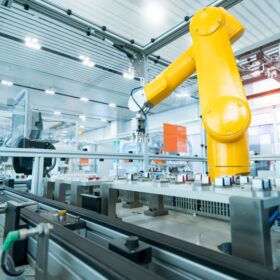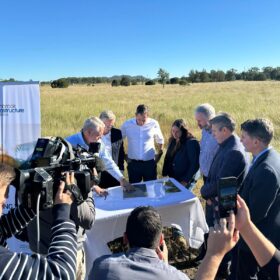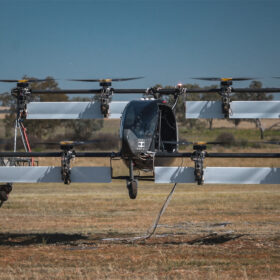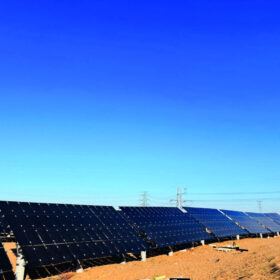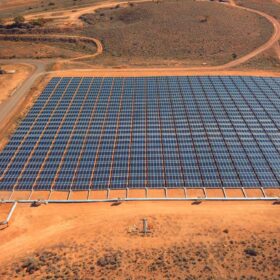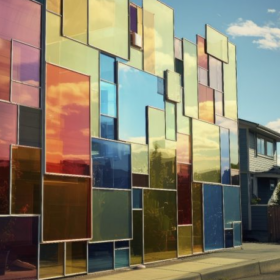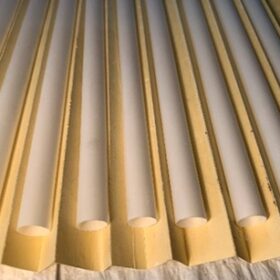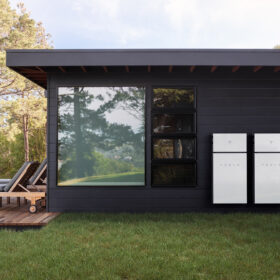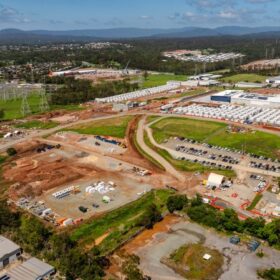Weekend read: Déjà vu on the polysilicon market
Haven’t we been here before? The polysilicon industry is shifting from shortage to oversupply but a few things are different from market cycles of the past, as Bernreuter Research founder Johannes Bernreuter explains.
Stationary energy storage key priority in new national battery strategy
The Australian government has announced its new multi-billion-dollar National Battery Strategy aiming to boost the country’s domestic battery manufacturing capabilities and critical minerals processing capacity.
New dates, rules for 2025 Bridgestone World Solar Challenge
The organisers of the Bridgestone World Solar Challenge have announced a new set of dates for the 2025 edition of their unique 3,000-kilometre solar car race across the Australian continent, along with some regulation changes.
Quinbrook reveals $3.5 billion ‘green iron’ project
Australian green infrastructure investor and developer Quinbrook Infrastructure Partners has announced plans to leverage its growing portfolio of renewable energy and storage projects and green hydrogen produced by a proposed 3 GW production facility to manufacture “green iron” in central Queensland.
Hydrogen power spreads its wings with vertical take-off and landing aircraft
Decarbonising the transport sector has taken to the skies thanks to Australian zero emission aircraft designer and manufacturer AMSL Aero, which is testing its hybrid electric hydrogen powered vertical take-off and landing (VTOL) aircraft in central western NSW.
Weekend read: Perovskites move into production
Perovskites remain a great hope for the future of the solar industry, once the possibilities of tunnel oxide passivated contact (TOPCon) and heterojunction PV have been exhausted. A look at the latest perovskite research shows that industry optimism is built on a strong foundation.
South Australian teams with California on clean energy ambitions
The South Australian and California state governments have signed an historic agreement that will see them work together on advancing the clean energy transition and the integration of renewable energies, including green hydrogen, into their respective grids.
DAH Solar launches 380 W BIPV module
The Chinese manufacturer said the new product has an efficiency of up to 19.46% and a temperature coefficient of -0.30% per C. It is available in bright red, light gray, brown, green, blue-green, orange, and ocean blue.
Solar windows, flexible film and PV paint tipped to provide power of future
More than half of Australia’s electricity demand is expected to be met by solar by 2050 but not as we know it with an industry expert tipping solar windows, photovoltaic paint, printed film, and more efficient tandem cells will play a key role.
Australian startup teams with French utility to test electrolsyer technology
An Australian start-up spun out of the CSIRO has been awarded a grant to build a 5 kW electrolyser that will be deployed at a United Kingdom power plant operated by French energy utility EDF.
